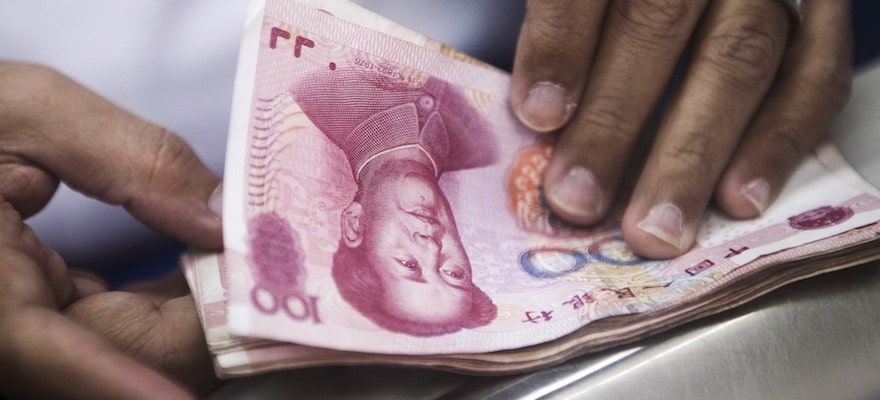SWIFT, a global provider of financial messaging services, has released its monthly tranche of data as part of its RMB tracker, having showed an uptick in the exposure of the Chinese currency relative to others during July 2016 – during July the tracker showed the RMB rose to the fifth most utilized in the world, according to a SWIFT statement.
Take the lead from today’s leaders. FM London Summit, 14-15 November, 2016. Register here!
RMB adoption across the US and international Payments venues has waxed and waned in 2016, having been leapfrogged in usage by the Canadian dollar (CAD) back in June 2016. During July however, payments in RMB ultimately retained the position as the fifth most active currency for global payments by value with a share of 1.90%, up from 1.72% in June 2016.
The latest results also reflect a slight uptick in RMB usage that snaps a diminishing share that had afflicted the currency over the past few months, despite the RMB’s continued path towards internationalization. The tracking data was likely influenced by Volatility in the Chinese market in tandem with general slowdown of the Chinese economy.
RMB Usage Sees Rise in South Africa
In addition, SWIFT’s data shows a strong increase in RMB usage in South Africa, which had growth 65% YoY over the past year and 112% respectively over the last two years – this corresponded to a shift from 30th in RMB usage in July 2014, to 24th in July 2016. Excluding domestic traffic, RMB payment messages also increased in volume by 70% over the past year.
Finally, upwards of 40% of RMB payments by South African institutions were offshore payments exchanged with countries other than China and Hong Kong, relative to 16% back in July 2015.
According to Harry Newman, Head of Banking, SWIFT, in a recent statement on the data: “South Africa has experienced a major shift in RMB growth over the last two years, strengthening the country’s trade relations with China and Hong Kong. The establishment of an RMB clearing centre in South Africa in July 2015, as well as Singapore’s increased use of the RMB for payments with South Africa, have been a catalyst for RMB growth in the region.”


















